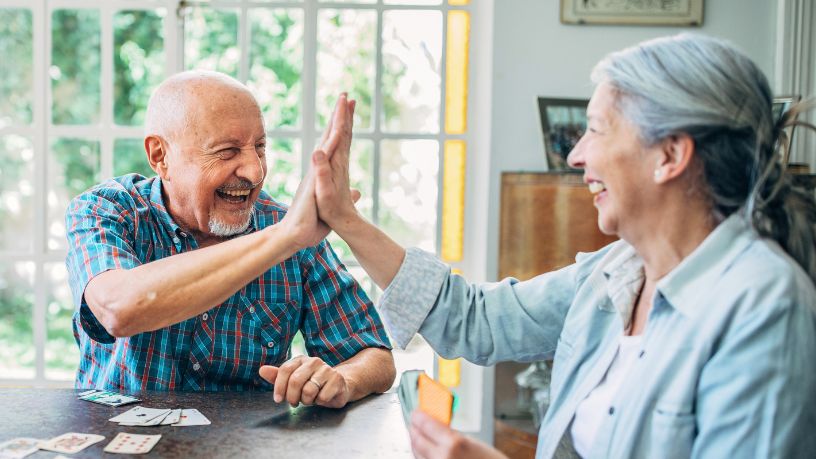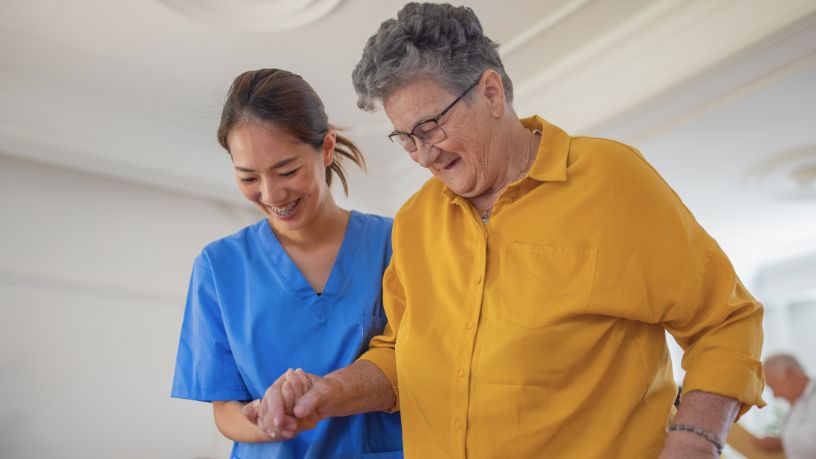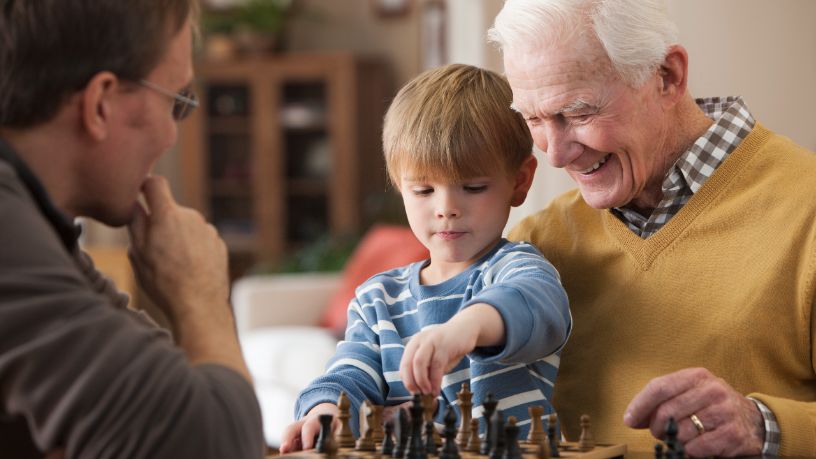Stroke recovery is a team effort in which doctors, therapists and support specialists work together to help you regain independence.
On this page
Key takeaways
Emotional and cognitive recovery are just as important as physical rehabilitation.
Staying engaged in therapy and tapping into various resources can enhance your recovery journey.
Stroke rehabilitation or recovery is a journey involving the expertise and support of a diverse healthcare team. Every single person plays a crucial role in helping you rebuild your life.
Your stroke recovery team gets to work as soon as your condition stabilises. After you're discharged from hospital, your stoke team may provide or arrange in-clinic or visiting services.
Your general practitioner (GP) will also manage your care once you get home and can also refer you to other necessary health professionals.
Here's who you're likely to meet and their roles in your recovery journey.
Medical care team
- Doctors (consultants, neurologists, rehabilitation physicians or geriatricians): Oversee your overall care, from diagnosing the type of stroke you've had to planning your treatment.
- Nurses: Monitor your progress, administer medications, and provide compassionate day-to-day care. They are often your first point of contact in the hospital.
- Stroke care coordinator: Ensures a smooth transition of care from hospital to home, arranges services and keeps you supported every step of the way.
Rehabilitation specialists
- Occupational therapist (OT): Helps you relearn everyday tasks like dressing, cooking or even writing. They can also address cognitive challenges, such as memory and problem-solving issues.
- Physiotherapist: Focuses on improving your physical strength and coordination by working with you on sitting, standing, walking and preventing falls.
- Speech pathologist: Helps you communicate and learn to eat safely again if your stroke has affected your speech or swallowing.
Support specialists
- Dietitian: Ensures you're getting the right nutrients, especially if swallowing has become difficult. They can also guide you in adopting a heart-healthy diet to prevent future strokes.
- Psychologist or neuropsychologist: A psychologist helps with anxiety, depression or cognitive issues, while a neuropsychologist focuses on memory and behavioural changes.
Tips for engaging with your team
Being an active participant in your recovery can make a significant difference. Here are some ways to engage effectively with your stroke recovery team.
Ask questions
Understanding your treatment plan and recovery process helps you to make informed decisions. Ask your healthcare providers questions such as:
- What exercises can I practice at home to improve my mobility?
- Are there any lifestyle changes I should make to prevent another stroke?
- How can I manage my emotions and mental health during recovery?
Take notes
Stroke recovery involves multiple appointments, therapies, and instructions. Keeping a notebook (or using a notes app on your phone) can help you track important information. You can:
- write down key advice from your healthcare team
- ask your healthcare team for a printout of information or written instructions
- track progress and changes in symptoms to discuss at follow-up visits
- list any questions that come up between appointments.
Involve family members
Support from family and friends can make a big difference. Encourage your loved ones to:
- attend therapy sessions to understand how they can assist you at home
- help with meal preparation, mobility assistance, or transportation to appointments
- provide emotional support by celebrating small victories and keeping you motivated.
Heart health coaching
The COACH Program® provides over the phone guidance, information and support, at no extra cost for eligible Bupa members, following a heart attack, stroke, or other cardiovascular event.
The power of collaboration
Working together and using all available resources may help you rebuild your strength, confidence, and independence. Rehabilitation takes time, but having the right team in your corner will help you navigate your road to recovery as smoothly as possible.
Resources
The Stroke Foundation offers comprehensive guides on prevention, treatment and recovery. You can also call StrokeLine on 1800 787 653 for advice and to be connected to services for survivors, family and carers.
Stroke Association of Victoria runs an online stroke support program that provides stroke survivors and their carers with skill development activities, educational talks and social connection with peers.
Enable Me is a dedicated online platform offering information, tools and a supportive community for stroke recovery.
Carer Gateway has resources and support for caregivers assisting stroke survivors.

At Bupa, trust is everything
Our health and wellbeing information is regularly reviewed and maintained by a team of healthcare experts, to ensure its relevancy and accuracy. Everyone's health journey is unique and health outcomes vary from person to person.
This content is not a replacement for personalised and specific medical, healthcare, or other professional advice. If you have concerns about your health, see your doctor or other health professional.
You might also like...
Stroke recovery: The importance of rehabilitation
Find out how stroke rehabilitation helps rebuild strength, promote healing through neuroplasticity and prevent future strokes.
Stroke and the brain: Understanding damage, recovery and healing
Find out about how stroke affects different areas of the brain and body functions, and the brain’s remarkable ability to heal and recover.
Stroke and heart health: Understanding the vital connection
Discover how stroke and heart health are connected, common risk factors for both, and the easy, practical ways you can protect your heart after a stroke.
What happens after a stroke?
The effects of a stroke aren’t just physical, they’re often mental and emotional, too. Learn more about life following a stroke.





